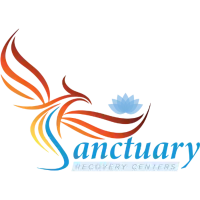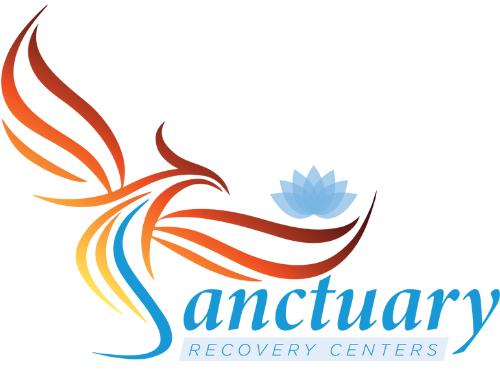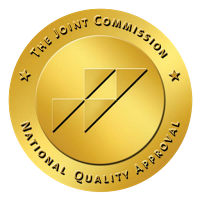Get Help With Your Addiction

How Do You Get Someone To Stop Being An Alcoholic?
September 20, 2023
Let’s preface this article with a fact. You cannot make someone do something they aren’t willing to do. Trying to force a person to do something can cause further complications in your relationship such as lying, cheating, and stealing.
It can be a challenging journey, but you’re not alone. We’ll provide you with valuable insights and strategies to guide your loved one towards recovery. By understanding the root causes of alcoholism, building a supportive network, and implementing effective intervention strategies, you can be a beacon of hope and make a positive difference in their life.
Together, we can pave the way to a healthier and happier future.
Understanding the Root Causes of Alcoholism
You should try to understand the root causes of alcoholism in order to effectively address the issue. Environmental influences, such as growing up in a household where alcohol abuse is prevalent, can also play a significant role in the development of alcoholism.
It’s important to recognize that alcoholism isn’t simply a matter of personal choice or willpower. There are genetic factors and environmental influences that contribute to the development of this disease.
Genetic factors can make some individuals more susceptible to alcoholism, as they may have inherited a predisposition to addictive behaviors.
Give Encouragement To Build A Supportive Network For Recovery
It’s crucial to build a supportive network for recovery so that individuals struggling with addiction can receive the encouragement and resources they need to overcome their challenges. Seeking professional help is an essential step in the recovery process. A trained addiction counselor or therapist can provide guidance, therapy, and medication management, if necessary.
In addition to professional support, providing ongoing emotional support is equally important. Being there for someone in their journey to recovery can make a significant difference. This can include listening without judgment, offering words of encouragement, and helping them stay accountable to their treatment plan.
Creating a safe and understanding environment where individuals can openly discuss their struggles and successes is crucial. Remember, recovery is a lifelong journey, and having a supportive network can make all the difference.
Implement An Effective Intervention Strategy
To effectively implement intervention strategies, it’s important to utilize evidence-based techniques and establish clear goals. When it comes to helping a loved one struggling with addiction, intervention techniques can play a crucial role in encouraging them to seek professional treatment options. It can be a challenging and emotional process, but with the right approach, you can make a positive impact on their recovery journey.
Intervention techniques for loved ones involve gathering a group of supportive individuals who care deeply about the person in need. By expressing concern, sharing personal experiences, and offering support, you can create a safe space for open dialogue. It’s essential to approach the intervention with empathy and understanding, avoiding blame or judgment.
Professional Additicion Treatment in Arizona
In addition to intervention techniques, it’s important to explore professional treatment options. These can include inpatient or outpatient rehabilitation programs, counseling, and support groups. Engaging with these resources can provide your loved one with the necessary tools and support to overcome their addiction.
If you or a loved one are struggling with drug or alcohol addiction call Sanctuary Recovery Centers in Phoenix, Arizona to get the best treatment plan to start the healing process.
The post How Do You Get Someone To Stop Being An Alcoholic? appeared first on Sanctuary Recovery Centers.












